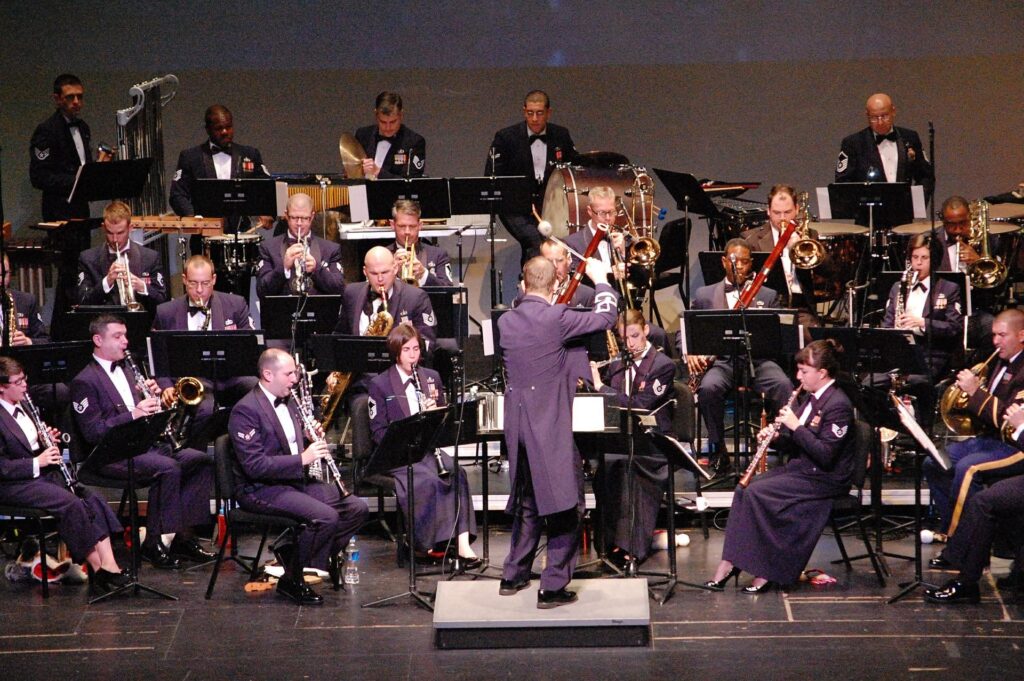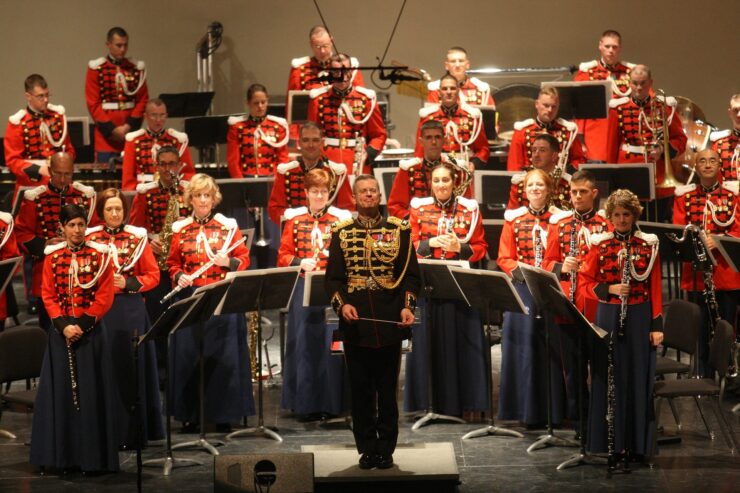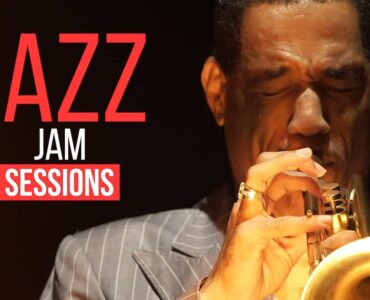A role as a musician within the British Army can offer full time employment, pensionable career until 55 and, to boot, musicians receive travel opportunities performing in some of the world’s greatest venues and events.
At a time when surviving as a professional musician is as hard as ever, there are worse ways of making a living than joining the Armed Forces to play an instrument.
Instruments required:
- Brass
- Woodwind
- Percussion
- Piano/Keyboards
- Strings
- Lead/bass guitars
- Vocalists
What can the Army offer a musician?
Before becoming an Army musician, entrants must undertake basic training, Phase 1 is designed to turn musicians into soldiers. participants will learn first aid, how handle a weapon, chemical, biological, radioactive and nuclear defence training as well as intense physical exercise.
Trainees continue to receive military and physical instruction throughout all phases
Phase 2 is held at the Royal Military School of Music, Kneller Hall. Dependent on individual ability, this phase of training can last between 3 – 12 months whilst musicians develop the necessary skills to perform in a band.
At Kneller Hall, musicians learn basic music theory, aural perception, orchestration, how to perform in a marching band as well as general musicianship.
Whilst phase 2 is designed to teach musicians to perform in bands, there are also opportunities to excel as a soloist or sectional player.
For those wishing to progress their careers further, Phase 3 training courses enable musicians to undertake roles such as Command Leadership, Management courses and and new Musical Direction courses.
I’m unsure if it’s right for me…
For those unwilling to commit to Army life immediately, a work experience placement or insight course provide an opportunity to take part in Army life for a short time.
Insight courses are residential and allow prospective soldiers to meet Army Corps musicians to find out if it is right for them.
How much do they pay?
Regular soldiers receive over £275 during Phase 1 training, rising to around £17,767 a year. As a musician’s career continues, his/her salary increases.
The rank of Sergeant can earn up to £33,702 whilst a Warrant Officer earns up to £47,500.
Events supported by British Army Musicians:
- Officers and solider’s entertainment
- State and ceremonial events
- Military tattoos
- Recruiting events
- Public concerts

Do I need qualifications?
It is not a formal requirement to have musical qualifications. Musicians who show aptitude in their instrument tend gain entry through audition alone, once accepted into the Corps of Army Music, a musician’s skill will be developed to the full.
As a performer in the British Army, musicians will have the opportunity to choose between brass bands, mounted bands, string quartets and woodwind quarters just to name a few.
Musical styles/bands incorporated into the British Army
- Marching Bands
- Symphonic wind bands
- Brass & woodwind bands
- Saxophone quartets
- Big Bands Rock and Pop bands
- Jazz/Dixie bands
- Ceilidh bands
- Fanfare trumpet teams
- Mounted bands, in the household cavalry
- String orchestras
Do you work as a military musician? Let us know in the comments below!




















